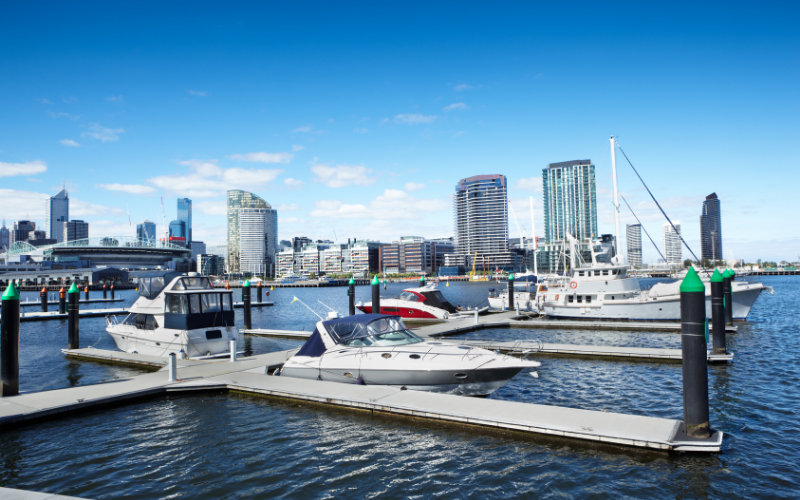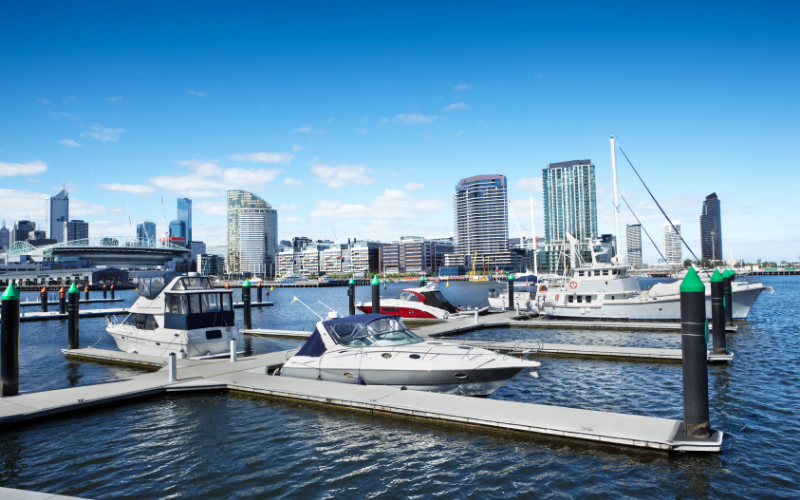
Do you like the idea of working both in office-based environments as well as outside? If so, read on to find out how the Level 6 Harbour Master apprenticeship can help to kick start your career.
Apprenticeship Summary and entry requirements
A Harbour Master Level 6 Apprenticeship provides opportunities for an apprentice to learn the skills required to become a successful Harbour Master. The apprenticeship provides an excellent opportunity for starting on a pathway that offers excellent career progression opportunities. Jobs include, but are not limited to; Assistant dock master Assistant harbour master Deputy dock master Deputy harbour master Dock master Harbour master.
Apprentices without level 2 English and maths will need to achieve this level prior to taking the End-Point Assessment, of the apprenticeship . The apprenticeship’s English and maths minimum requirement is Entry Level 3. A British Sign Language (BSL) qualification is an alternative to the English qualification for those whose primary language is BSL.
What are key responsibilities of a Harbour Master Apprentice?
Harbour Masters hold ultimate decision-making responsibility at all times. Some may delegate authority to their deputies and/or assistants. In their daily work, an employee in this occupation leads a team of marine employees who may assist in undertaking the responsibilities of managing the harbour.
What will you learn as an apprentice?
K1:You will learn current international and national regulations, codes of practice and guidance relating to marine safety management
K2: Marine Safety Management Systems which ensure that every port complies with mandatory rules and regulations and follow codes of practice and guidelines
K3: Policies required to underpin a Marine Safety Management System
K4: How to evaluate evidence to support sound judgement
K5: Effective oral and written communication strategies and a working knowledge of the terminology used in this occupation
K6: How to commission and implement an independent internal and an independent external audit
K7: Principles of change control and auditable record keeping
K8: National and international marine legislation applicable to ports
Conclusions
As you can see, the level 6 Harbour Master apprenticeship is an amazing starting point for everyone looking to peruse a career in Port Management. The core skills covered in the apprenticeship will open up a wide range of job opportunities. In addition, you will earn while you learn and excellent progression opportunities exist to advance your career.

